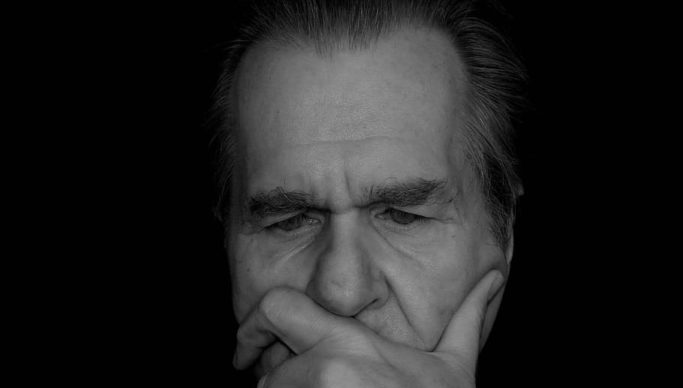
United Methodist Pastors Are Worried, Sleepless And Overweight
- By Deirdre Pelphrey --
- 14 Aug 2023 --
It’s been a rough few years for the United Methodist Church (UMC). Since 2019 over 6200 congregations have departed over church teachings on sexuality. Mix in an attendance-killing pandemic and the result is a population of mega-stressed pastors, about a third of whom report dealing with conflict or difficulty, according to a recent survey.
The data collected by Wespath Benefits and Investments from over 1,200 UMC men and women of the cloth reveals a “decline in overall perceived well-being” is in progress over the past decade. Whereas 17% reported excellent health in 2013, only 11% said so ten years later. Similarly “very good health” declined over the same period from 50% to 41%.
The complaints varied by demographic, but the overall trend in mood and health was in the same direction: down. Older pastors had more issues with physical health, while younger ones fretted about stress and depression. Male clergy experienced more diabetes and lower “spirituality” than their female counterparts who are coping with asthma, a variety of autoimmune conditions and overall stress. African American clergy, while experiencing less stress and depression than the other demographics, reported more hypertension and diabetes.
Health challenges abound, according to the survey, with 14% suffering from diabetes, 14% with pre-diabetes, and 49% with obesity—all up from 2013.
The emotional yardstick too paints a dreary picture:
Feeling tired or without energy: From 59% in 2013 to 69% in 2023
Trouble sleeping: From 40% to 52%
Poor appetite/overeating: From 36% to 44%
Little interest or pleasure in doing things: From 23% to 35%
Feeling down, depressed or having trouble concentrating: From 19% to 32%.
UMC pastors in rural areas reported more physical ailments, while their brothers and sisters in the cities suffered lower spiritual health.
“Spiritual health,” that amorphous but vital component in faith leadership, may be the one ray of sunshine in the UMC’s gloomy picture.
Though some pastors have experienced a decline in their spiritual well-being, overall, the survey reflects “positive developments” in clergy’s spiritual vitality with pastors reporting they have a vital relationship with God (78%), 68% feel God’s presence at church-related events, and 73% can feel His presence when doing pastoral visits (73%). Though over half the pastors surveyed said that the pandemic negatively affected their emotional and social health, just slightly over a quarter (26%) reported an adverse effect on their spiritual well-being.
Kelly Wittich, Director of Health and Well-Being at Wespath, said, of the survey findings that “the overall 10-year lookback tells us that clergy well-being, which was a problem a decade ago, is an even bigger problem today. We see that clergy struggle with well-being compared to their secular counterparts, in no small part due to the often unrealistic demands placed on clergy from multiple directions.”
Nervous UMC pastors and their flocks would do well to heed their founder, John Wesley’s words: “I have never known more than fifteen minutes of anxiety or fear. Whenever I feel fearful emotions overtaking me, I just close my eyes and thank God that He is still on the throne reigning over everything and I take comfort in His control over the affairs of my life.”


















